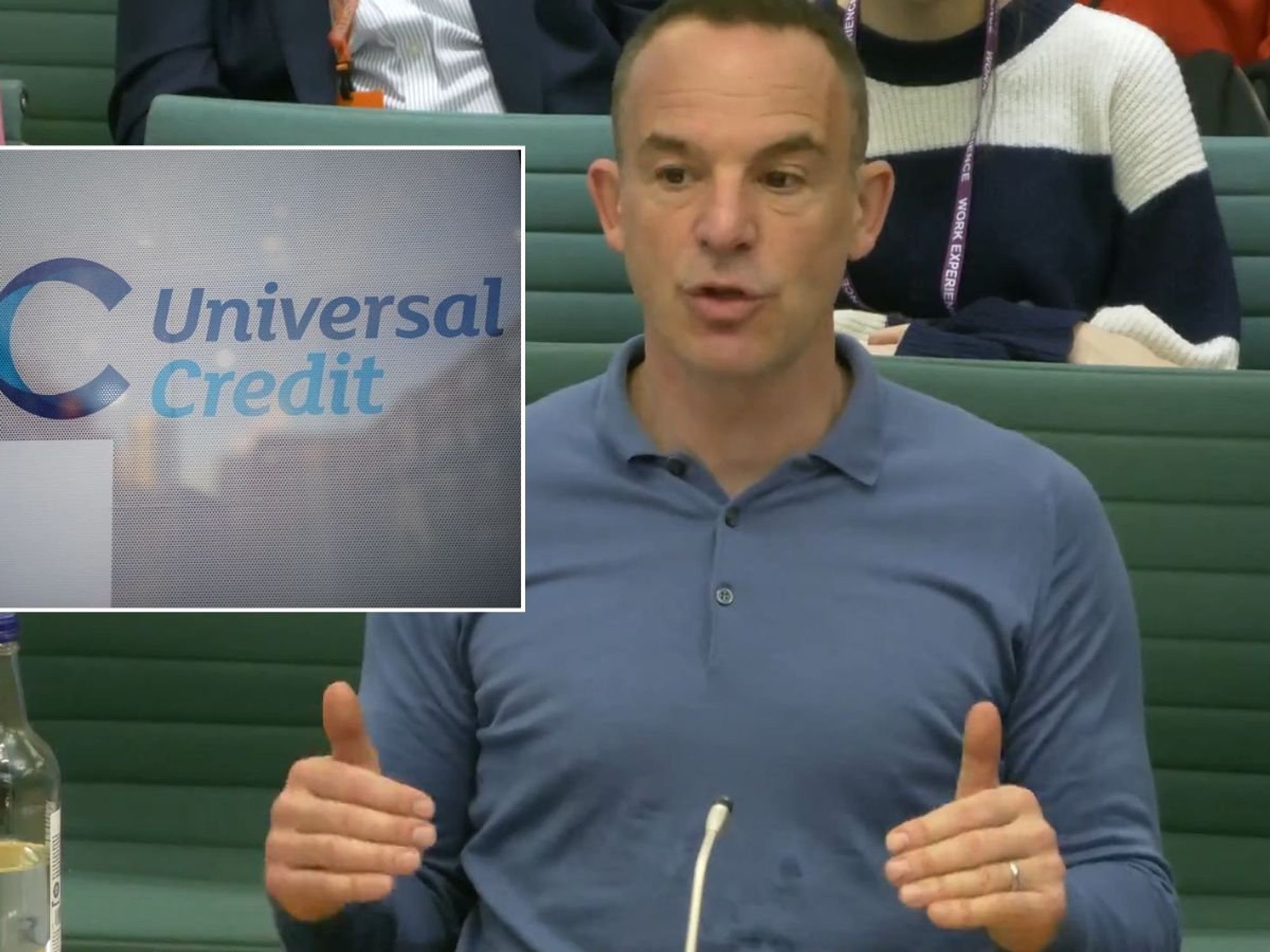British Gas, Octopus Energy, OVO, and E.ON customers urged 'small changes to daily habits' could cut £170 off your bills

The recent 10 per cent increase in the energy price cap has left many scrambling to find ways to reduce their bills
Don't Miss
Most Read
As energy prices continue to soar, British households are feeling the pinch, however, there's a glimmer of hope for customers as they can save hundreds with "small changes".
By implementing simple changes in daily habits, households could save up to £170 on their energy bills. This comes as welcome news amidst the challenging economic climate, where every pound saved counts.
With the price cap now set at £1,717 per year for a typical dual-fuel household, these potential savings could make a significant difference to family budgets across the nation.
Experts at Grant Store have shared practical tips to help customers of all major energy providers such as British Gas, Octopus Energy, OVO, E.ON and EDF, reduce their energy consumption.
They said: "Simple changes in every day habits can help you save on energy bills over time."
One of the easiest ways to cut back is by turning off standby appliances, which could save between nine per cent and 16 per cent of electricity usage annually.

Lowering the thermostat by just one degree can also result in big savings
| PALowering the thermostat by just one degree can also result in big savings. The experts said: "It may seem like a small adjustment, but it could save you up to £80 annually on your energy bills.
"Being mindful of your heating settings, particularly in rooms that are less frequently used, is a big part of efficient energy consumption."
Washing clothes at 30 degrees not only reduces energy consumption by around 40 per cent compared to higher temperatures but also protects garments from wear and tear.
As the experts noted, "With modern detergents, you can get the same clean results at lower temperatures, which translates to significant savings over time."
These "simple changes in daily habits" can lead to substantial reductions in energy bills without drastically altering one's lifestyle.
Managing water use is another crucial aspect of reducing energy bills. Hot water is a significant contributor to household energy costs.
Simple habits like washing up with a bowl of water instead of using a running tap can save around £25 annually. Investing in energy-efficient showerheads is also recommended to reduce both water and energy consumption.
When it comes to appliances, choosing energy-efficient models can lead to substantial savings. An A+++ rated washing machine, for instance, can save up to £65 in energy costs over its lifetime compared to less efficient models.
The experts added: "Making energy-efficient choices with even the smallest items, like LED light bulbs, can have a big impact on your energy bills."
Regularly monitoring energy consumption is another key to identifying areas for further reduction. Smart meters can be particularly helpful in this regard, providing real-time data on energy usage.
As the experts at Grant Store pointed out: "Adjusting how you heat your home or when you use certain appliances based on this data can make a big difference."
This approach allows households to make informed decisions about their energy use, potentially leading to additional savings.
With the energy price cap now covering 28 million households in England, Wales and Scotland, understanding one's consumption patterns has never been more crucial. The cap, set every three months by Ofgem, fixes the maximum price for each unit of energy on standard tariffs.
LATEST DEVELOPMENTS:
The potential savings of £170 on energy bills come as a welcome relief to British households grappling with high energy costs this winter.
While the recent 10 per cent increase in the price cap has been a blow, there's hope on the horizon. Cornwall Insight, an independent energy analyst, predicts a slight decrease in the price cap at the beginning of 2025.
This forecast is based on shifting wholesale energy prices and improved market confidence. However, it's important to note that prices are expected to remain significantly higher than pre-pandemic levels.
As we navigate these challenging times, implementing energy-saving measures becomes even more crucial. By adopting the expert-recommended tips and staying vigilant about energy consumption, British households can weather this storm and emerge more energy-efficient than ever before.










